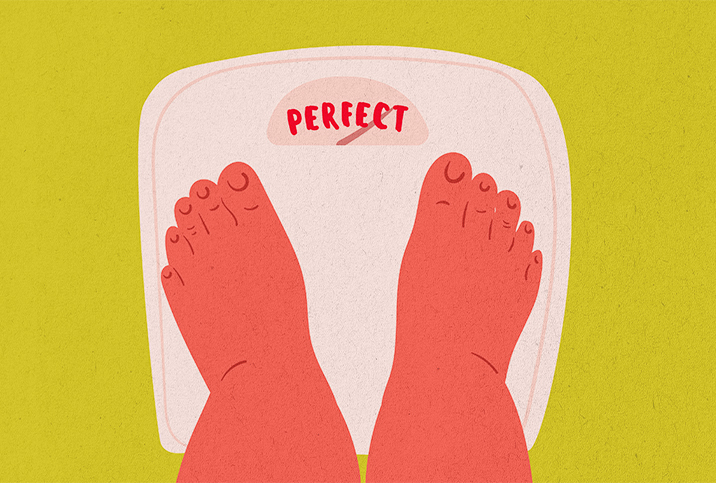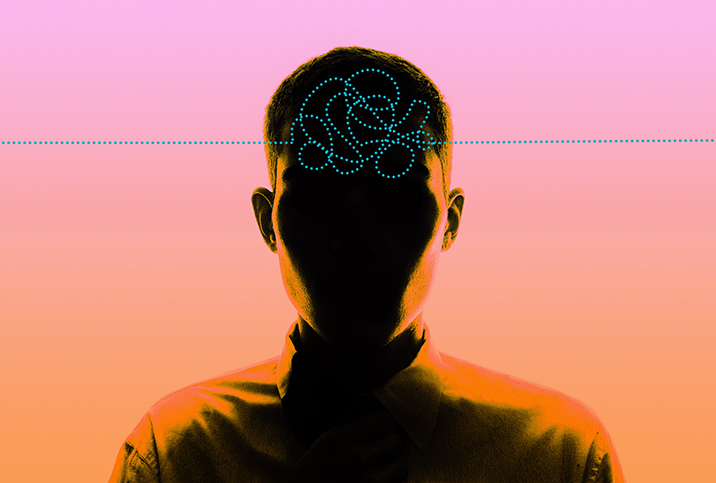Camila Mendes Battled an Eating Disorder While Filming 'Riverdale'

While playing the part of sharp, smirky Veronica Lodge and solving nefarious murders throughout the first season of "Riverdale"—an American supernatural-horror-crime drama television series based on the characters of Archie Comics—Camila Mendes grappled with an eating disorder.
Mendes, a 28-year-old Brazilian-American actor, spoke candidly about her struggles on the Jan. 26 episode of the "Going Mental" podcast. In conversation with host and mental health advocate Eileen Kelly, Mendes confessed she had battled body image issues as well.
Season one of the broody teen drama was very much unlike the squeaky-clean comic books that inspired it and was notorious for depicting supernaturally attractive teen characters in sexy scenarios with little or no clothing. Mendes explained that the TV show triggered a return to negative thought patterns and behaviors.
"I would watch every episode and be like, 'Oh, my God, my stomach there.' I was so insecure and it really fueled my eating disorder," Mendes said on the podcast.
"When you're in your early 20s, your body is fluctuating," she added. "My body hadn't settled into itself yet. I was looking at myself, taking myself apart. My stomach, my arms, my chin—anything—I would obsess over."
Well-meaning fans, friends and family members were only sometimes helpful. People complimented her weight loss, Mendes recalled.
"When I don't hear that, I think I look terrible, when no one's commenting on how thin I look," she said.
To "heal" from the disease, Mendes sought help from a therapist and nutritionist.
"I was really afraid of eating carbs," she recalled. "And what would happen is I would avoid it for a long period of time and then I would binge and eat a bunch and then purge. So it was this terrible cycle, and she helped me overcome that by reintroducing bread into my life to be like, 'See, it's not going to kill you.' Now it's something that rarely comes up in therapy."
About eating disorders
Eating disorders—characterized by extreme eating behaviors and excessive focus on body weight and shape—impact nearly 30 million Americans, according to an estimate by the National Association of Anorexia Nervosa and Associated Disorders (ANAD). There are many types of eating disorders, with the most common being anorexia nervosa, bulimia nervosa and binge eating disorder. Behaviors vary depending on type, and include restrictive eating or avoidance of certain foods, binge eating, purging by vomiting or laxative misuse, or compulsive exercise, according to the American Psychiatric Association (APA).
Eating disorders can cause various health complications, including problems with the heart, bones, digestive system and fertility. In addition, people with eating disorders often suffer from other mental illnesses, including anxiety, depression, obsessive-compulsive disorder (OCD) and substance use disorder, according to the National Alliance on Mental Illness (NAMI).
Eating disorders and people of color
Despite mounting evidence that eating disorders can impact people of all ages, genders, ethnicities and socioeconomic backgrounds, eating disorders have long been viewed as a disease that primarily affects affluent white women.
Stereotypes can lead to the underdiagnosis and undertreatment of eating disorders in Black, Indigenous and people of color (BIPOC). BIPOC individuals are much less likely than white people to have been asked by a medical professional about eating disorder symptoms and half as likely to be diagnosed or to receive treatment, according to ANAD.
Stereotyping eating disorders as a "thin, rich, white woman's disease" creates a harmful stigma that can cause people of color to question the validity of their eating disorders.
On the podcast, Mendes urged anyone who is suffering from an eating disorder or body image issues to seek help.
"All I want to say is 'see a therapist,' because I don't know that I could've done it alone," Mendes said.


















